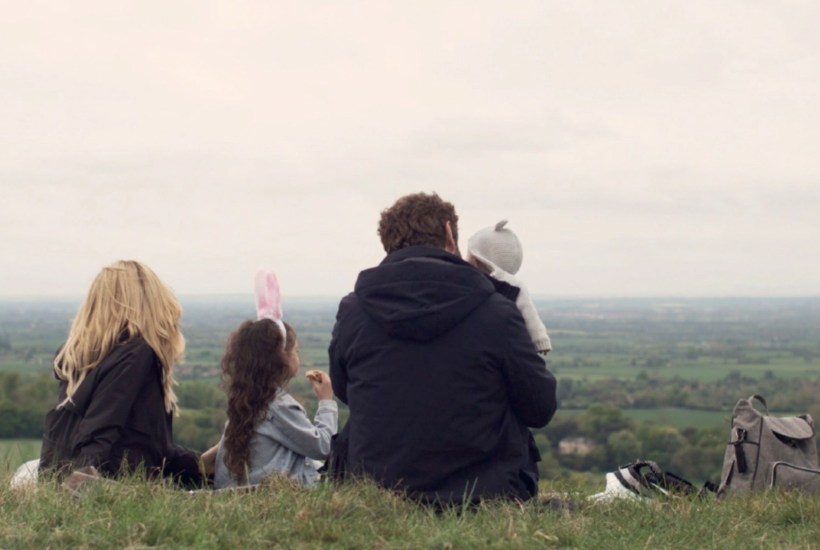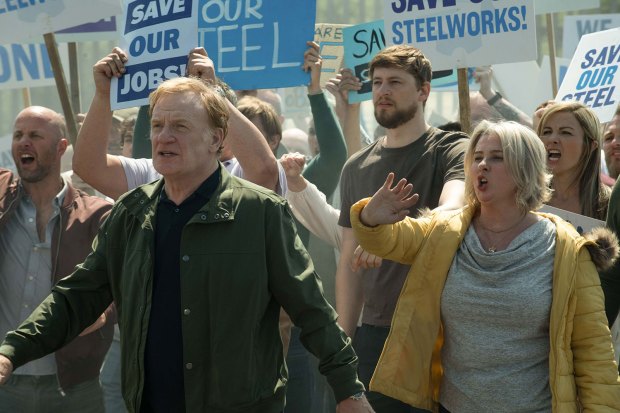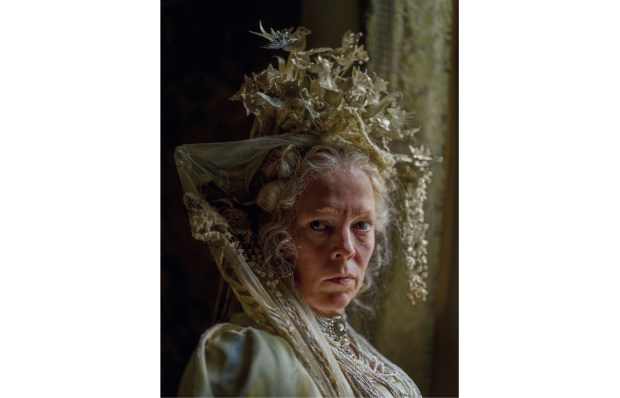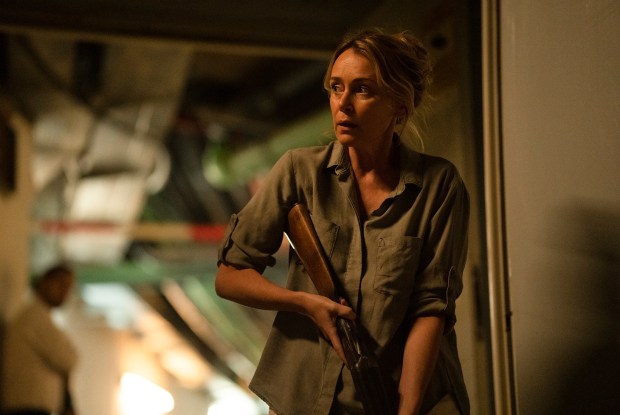In the opening minutes of Best Interests (Monday and Tuesday), an estranged middle-aged couple made their separate ways to court, pausing outside it to look at each other with a mixture of furious reproach and overwhelming regret. From there we cut to a scene that perhaps overdid the evocation of Happier Times as the same pair laughed endlessly together on a train, before nipping off to the toilet for a spot of giggly conjugal naughtiness.
Already a subscriber? Log in
Subscribe for just $2 a week
Try a month of The Spectator Australia absolutely free and without commitment. Not only that but – if you choose to continue – you’ll pay just $2 a week for your first year.
- Unlimited access to spectator.com.au and app
- The weekly edition on the Spectator Australia app
- Spectator podcasts and newsletters
- Full access to spectator.co.uk
Or
Unlock this article
You might disagree with half of it, but you’ll enjoy reading all of it. Try your first month for free, then just $2 a week for the remainder of your first year.














Comments
Don't miss out
Join the conversation with other Spectator Australia readers. Subscribe to leave a comment.
SUBSCRIBEAlready a subscriber? Log in